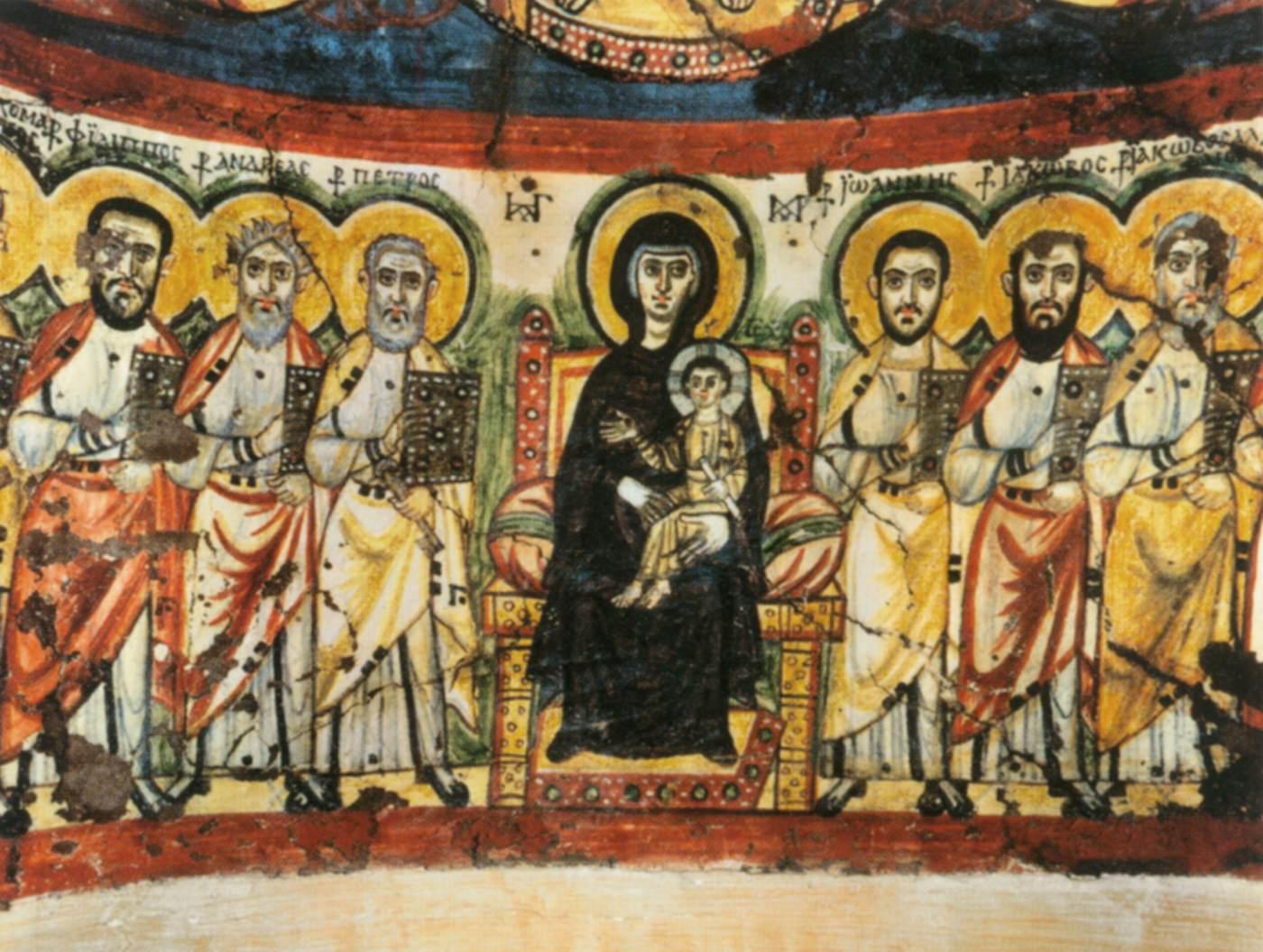Core beliefs & doctrines

The Coptic Orthodox Church is one of the oldest Christian churches in the world, tracing its roots back to the apostolic age, when St. Mark the Evangelist preached the gospel in Egypt in the first century AD. The church adheres to the Nicene Creed, which affirms the belief in one God, who exists in three persons: the Father, the Son, and the Holy Spirit.
Christology
The church believes that Jesus Christ is the Son of God, who became incarnate of the Virgin Mary by the power of the Holy Spirit, and who died on the cross and rose from the dead to save humanity from sin and death. The church also believes that Jesus Christ will come again to judge the living and the dead, and to grant eternal life to those who believe in him.
Sacraments
The church administers seven sacraments, which are visible signs of God’s grace and means of salvation. They are: baptism, confirmation, eucharist, repentance and confession, unction of the sick, holy matrimony, and holy orders.
Saints
The church venerates the saints, who are examples of faith and holiness, and who intercede for the church before God. Among the saints, the church gives special honour to the Virgin Mary, who is called the Mother of God and the Queen of Heaven.
Liturgy
The church follows a rich liturgical tradition, which is based on the ancient rites of Jerusalem, Alexandria, and Antioch. The liturgy is celebrated in Coptic (the language of the ancient Egyptians), Arabic (the language of the majority of Egyptians), and other languages according to the needs of the congregation. The church also uses icons, which are sacred images that depict Christ, his mother, and his saints. Icons are not worshipped, but revered as windows to heaven.
Monasticism
The church values monasticism, which is a way of life dedicated to prayer, fasting, and asceticism. Monasticism originated in Egypt in the fourth century AD, when St. Anthony the Great left his worldly possessions and retired to the desert to seek God. Many others followed his example, such as St. Pachomius, St. Macarius, St. Shenouda, and St. Bishoy. Monasticism continues to flourish in Egypt and around the world today.
Fasting
The church observes fasting as a spiritual discipline that helps to purify the body and soul. Fasting involves abstaining from certain foods (such as meat, dairy products, eggs, fish, oil, and wine) and certain activities (such as entertainment, gossip, and anger) for a specified period of time. The church fasts for more than 200 days a year, including Lent (55 days), Advent (43 days), Wednesdays and Fridays (except during Easter and Pentecost), and other occasions.